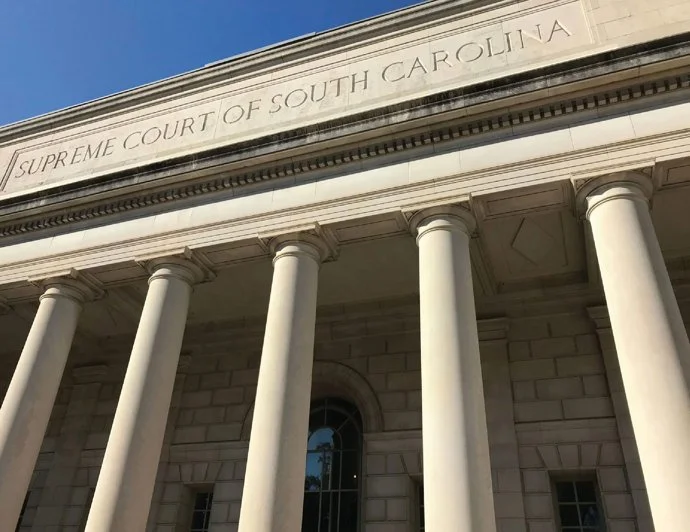
SERVICES
Family Court
There are a substantial number of areas covered under the jurisdiction of the family courts in South Carolina. Family law includes, but is not limited to, divorce, children's issues (i.e., adoption, termination of a biological parent's parental rights, legal and physical custody, visitation, grandparent visitation, child support, extraordinary health-care expenses, college expenses, etc.), alimony, equitable division of property and debts of the marriage (such as identifying the property and debts to be included in the marital estate, determining the value of the items, etc.) and much more. It's important to have the right attorney by your side, advocating for you, and helping you to make the right decisions throughout each stage of the litigation process. Call my office today to schedule your consultation appointment, and find out how having the right family law attorney can make all the difference in the world when it comes to getting you the relief you're seeking.
Mediation
Mediation is a form of alternative dispute resolution designed to reduce or eliminate the possibility of a stranger—the judge—making a decision that could have a huge impact on your children and yourself. The mediation process can help you and your family resolve problems before an action is filed in the family courts. Once an action is filed, however, mediation is mandatory for any contested issues before either party will have the opportunity to present their case at trial. A great deal of time, energy, and money can be saved through the mediation process. Call my office today to begin the process of getting your mediation scheduled.
Appellate Courts
Mistakes sometimes happen. Issues can be overlooked at the trial level, or a litigant may believe the trial judge reached the wrong decision. The appellate courts of South Carolina provide litigants the opportunity to have the decision reached at the trial level reviewed. If the litigant believes that the evidence does not support the findings of fact or conclusions of law reached by the trial court, an error of law, or an issue may have simply been overlooked, an appeal should be pursued. The issues must be properly preserved at the trial level in order to be presented to the appellate courts for review. The appellate process is fundamental to a properly administered judicial system. The timing of an appeal can be determinative of its success, so do not wait. Call my office today and schedule your consultation appointment to find out what options are available to you.



